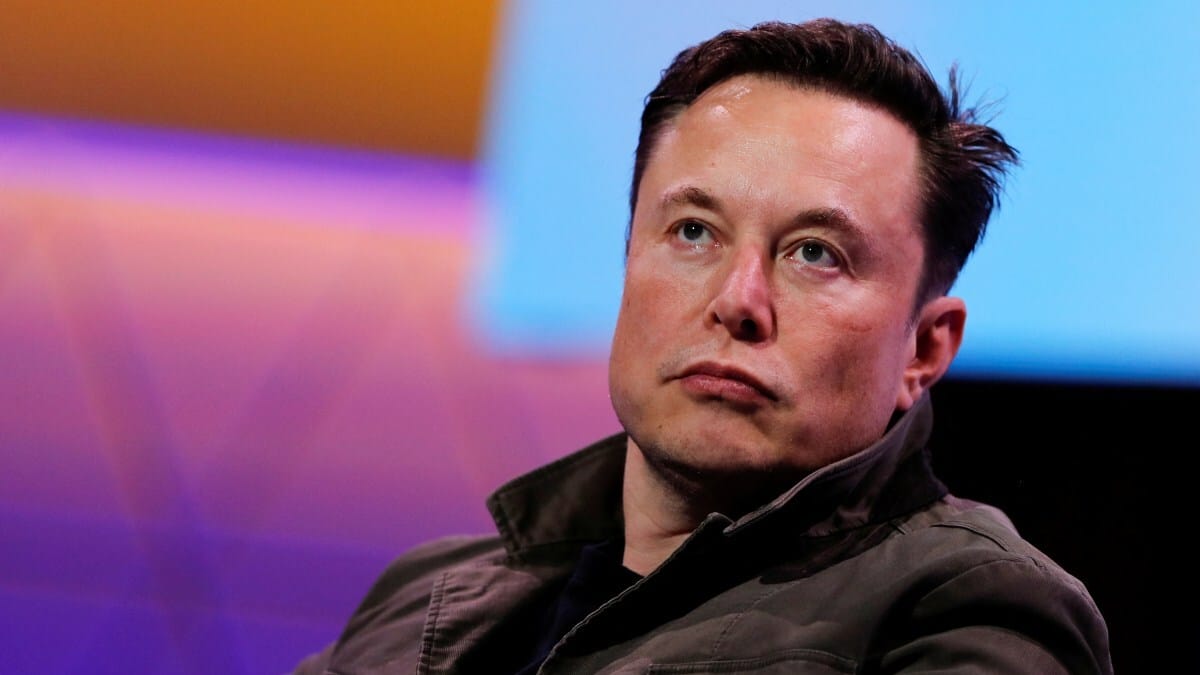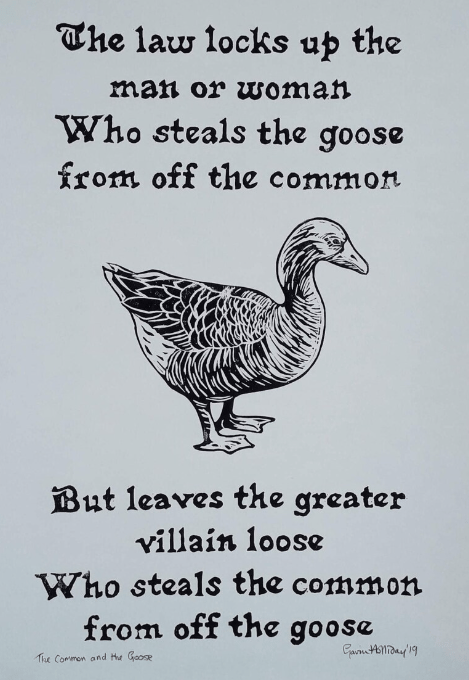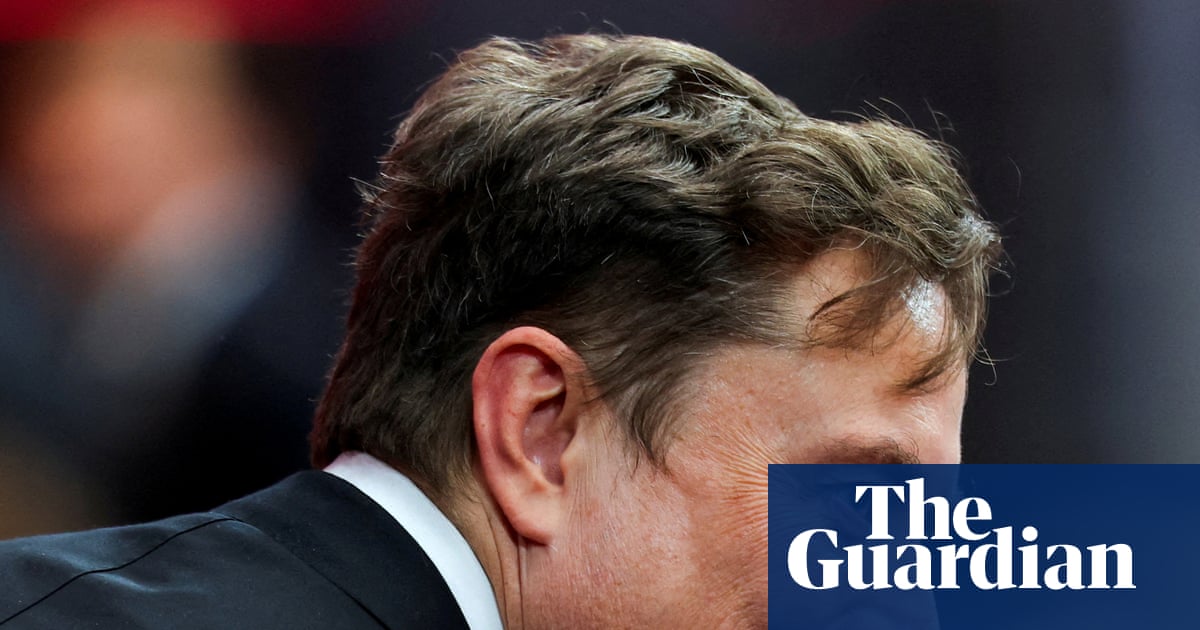- CORPGRO Newspoint
- Posts
- Tesla’s Trillion
Tesla’s Trillion

What’s the Story?
Yesterday Tesla’s shareholders approved a new incentive plan for CEO Elon Musk that can deliver $1 Trillion in Tesla shares.
The shares are subject to performance tests described by the CFO as “superhuman and impossible”. Among them is the requirement to increase Tesla’s market capitalisation from the current US$ 1.4 Trillion to US$ 8.5 Trillion; a seven Trillion USD rise in value.
Both ISS and Glass Lewis advised a vote against to shareholders and the proposal was opposed by 1.5% shareholder Norfund, the Sovereign Wealth Fund of Norway, citing excess value, dilution and unaddressed talent risk concentration. The California Pension Fund CALPERS also opposed the proposal, saying the amount was 72 times higher than the medium incentive value for a CEO seen in the global top ten highest performing companies.
Musk’s current annual compensation is US$ 23.5 Bn; already the highest in the world.
The vote was approved by a 75% majority.
Why Does it Matter?
Executive compensation aims to recruit, retain and motivate top talent in completion with others, just as companies compete for capital and customers.

Free market are a good thing, generating wealth and allocating resources. But a perfect market has full information, no barriers to entry, zero transaction costs, homogeneous products and many buyers and sellers. The top talent market is not like that.
The decisions on senior pay should reflect the needs of the company and the value contribution of the executives in point. But even for independent directors, the decisions often reflects fear of the loss from top talent leaving, fear of the inability to replace talent and fear of shareholder criticism.
In shareholders lobbying, Tesla reportedly flagged the risk of catastrophic capital value collapse if Elon Musk chose to leave the company.
The fact that Mr Musk is the world’s richest person with wealth of c.USD 450bn, is another issue. How can an incentive move the dial on motivation when billions are already in point?
And Mr Musk has other interests, in X (formerly Twitter), Space X, The Boring Company and his recent role leading DOGE for the Trump administration.
This pay deal is not about pay, it is about power and pride. Perhaps Tesla will remain an outlier, an oddity. But if not, the rules for top pay will be re-framed strongly in the years ahead.
Newspoint view
A Trillion dollars incentive makes history. But it is the breakdown of normal rules of constraint and governance that is the stronger mark of a changed world.
Intellectual Property law is outdated, much of that which is known should be common knowledge - literally - and not owned privately. Tesla is named after Nicolas Tesla, a true genius. When informed that his patents were being used without consent, he replied “then I shall invent some more.”
Recognising achievement within the context of the wider scene of knowledge is correct, and not new. As Sir Issac Newton once said:
”If I have seen further, it is because I stand on the shoulders of giants”.
Our new technology is built from many strands of knowledge developed by humanity over centuries. The deployment value is huge but unsurprising there is a good case that the benefits should be shared more fairly.
A similar productivity shift was seen in the 1700s by the enclosure of the commons. This allowed industrial scale farming and a huge leap in agricultural productivity. But it came at the price of confiscation of lands owned by communities for centuries.
As the old Rhyme then ran:

Mr Musk is of high value, no doubt. But Norfund are right, Tesla needs talent strength in depth. Spending USD 1 Trillion would have fixed that - and some.
CORPGRO Helps Companies With:
Please feel free to email or call:
Damian Carnell - [email protected] +44 (0) 7989 337118
VA Bec Bostock - [email protected]
Please share this CORPGRO information with your board or your colleagues.
